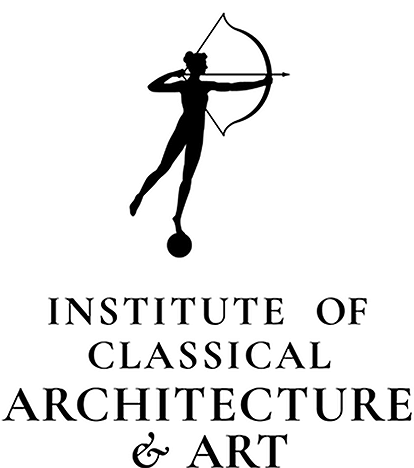About
Sebastian grew up in Mainz. A Catholic region of Germany with a palpable Roman heritage, the surroundings are dotted with Romanesque cathedrals and Baroque palaces set in a landscape shaped by viniculture and the modern industrial infrastructure of the Rhine-Main region. With family roots in Normandy, Sebastian subsequently has a close and lasting relationship with the country and culture of France.
The contrasts between a Roman Catholic region of Western Europe and the rich and fragmented present state of architecture in Berlin have shaped Sebastian's architectural sensibility just as much as Schinkel's omnipresent legacy in the German Capital with its Protestant sobriety and almost contradictory romantic and picturesque inclinations.
Since the reunification of Germany in 1990, a lively and highly ideological discourse on architectural
heritage has shaped the building culture of a nation trying to redefine itself.
A series of significant urban masterplans and buildings have resulted, but the debate continues and will probably never end.
In Germany, it is impossible to have a quaint relationship with the past. Yet, attempting to reclaim an eloquent and coherent architectural language is a necessary and rewarding undertaking against any historical backdrop.
It is within this context that the office has been practicing since its establishment. Sebastian Treese Architects has designed and built numerous residential buildings with a first milestone being Eisenzahnstrasse 1 in Berlin completed in 2016. This project also marked the beginning of a long-term collaboration with the real estate developer Ralf Schmitz.
Sebastian Treese Architects was founded in 2011. His wife Julia Treese joined the practice in 2012, and Jan Burggraf as a partner in 2013.
In addition to Berlin, Hamburg and Dusseldorf form the main focus of the office's work.
Since 2018, Sebastian Treese Architects has been working on their first international project – a private residence in Mumbai which has presented the office with wholly new challenges and possibilities.
Furthermore, an ongoing collaboration with Robert A.M. Stern Architects for a villa in Berlin Grunewald and a large residential project in the center of Berlin has proven to be a formative encounter with a highly respected role model.
In 2021, the office received the Richard H. Driehaus Prize in recognition of its work.




